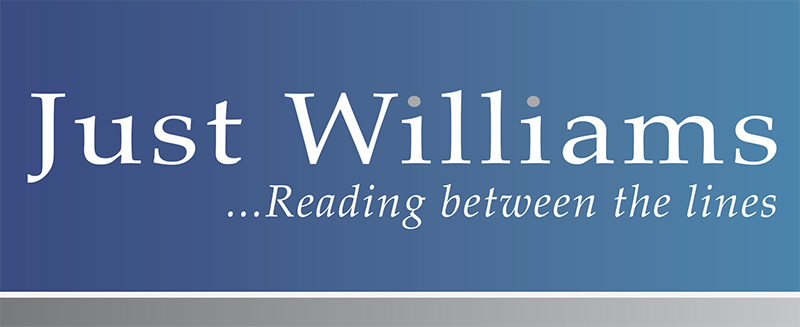
On numerous occasions we have referred to how the precarious state of the global economy is, in no small part, the result of ‘experts’ having a bit less expertise than either they thought or indeed, others attributed to them. A single currency for wildly differing economies? Check. Levels of sovereign debt that, realistically, can never be repaid? Check. Multiple asset bubbles resulting from a decade of overly cheap credit? Check. Inflation miles above target? Check.
In his book, The Economic Consequences of the Peace, the great economist, John Maynard Keynes said “by a continuing process of inflation, government can confiscate, secretly and unobserved, an important part of the wealth of their citizens.” While written in 1919, his comment is no less correct almost a century later. Once inflation gets a firm foothold, your real spending power can disappear faster than The News of the World.
Keynes’ wisdom came to mind after remarks by Ben Bernanke, Chairman of the U.S. Federal Reserve. He said he wanted to see higher share prices and that the last round of Quantitative Easing (money printing) had strengthened them. The subsequent ‘wealth effect’ made the public feel more prosperous and, as such, their increased propensity to spend would boost the economy.
However, if that is all it took to make people feel richer then why not print the stuff seven days a week? In fact, why even bother with the tortuous procedure whereby the extra money is used to purchase financial assets that reside on the central bank’s balance sheet, awaiting disposal at a more appropriate time? Instead, simply put grit bins on street corners and stuff them full of cash. That would yield an immediate ‘wealth effect’. Regrettably, economics does not work that way, which is unfortunate considering Bernanke is, firstly, an economist and secondly, runs the world’s most powerful central bank. The Weimar Republic didn’t respond well to an epic dose of money printing. Japan has been doing it to little avail for twenty years while, I suspect, Mugabe’s issue of a ten billion dollar Zimbabwean bank note rather undermined his plan to de-throne the Swiss Franc.
Last week, the Federal Reserve launched ‘Operation Twist’ which involves the purchase of $400bn of longer dated U.S. government bonds. These are to be financed by a sale of a similar amount of shorter dated bonds. This is not Quantitative Easing although it is designed to achieve the same result by forcing longer term interest rates lower. That said, it represents yet another artificial distortion to the pricing of long term money. We predict it will be no more successful than any other nonsense dreamed up by the Fed, the Bank of England or the European Central Bank since 2008.
Keynes pointed out that Lenin was of the opinion that the best way to destroy the capitalist system was to debauch the currency. It’s disappointing to see that the Bolshevik got it while the Fed Chairman doesn’t.
John Newsome can be contacted on: 01423 705123 or email:john.newsome@williams-im.com

